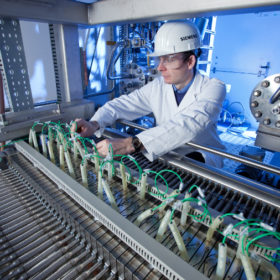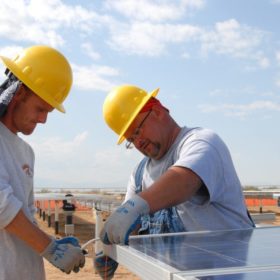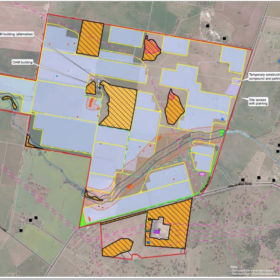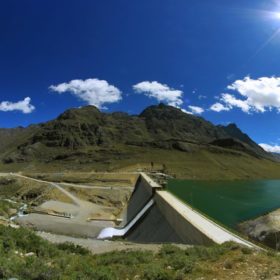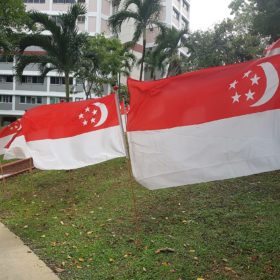Green hydrogen costs projected to decrease by up to 60% by 2030
A new report from Hydrogen Council predicts that the cost of renewable hydrogen production will fall drastically by up to 60% over the coming decade due to the declining costs of renewable electricity generation and the scaling up of electrolyzer manufacturing. Thanks to its optimal renewable resources, Australia will be among the countries most favorably placed to contribute to the development of the hydrogen economy.
A clean energy world would support millions of new jobs
A study from Finland’s Lappeenranta University of Technology has predicted solar and other renewables can provide a global energy jobs revolution – just as four European operations revealed recent struggles.
SECI tenders 1.2 GW wind-solar hybrid, 4 MW floating solar plus storage
Developers have until February 25 to bid for ISTS connected wind-solar hybrid projects to be set up anywhere in India at the location of their choice. Bidding for 4 MW of grid-connected floating solar project with 2 MW/1 MWh battery energy storage system—to be set up in Andaman & Nicobar Islands—closes on February 13.
Solar set for boom after a gloomy 2019
Solar installations in year 2020 are set to exceed 10 GW after a year hit by political uncertainties, module price increases associated with safeguard duty and a fewer number of awarded tenders. The outlook for battery energy storage installations for solar projects, however, is bleak as such combinations in India can cost 3-5 times more in 2020 than standalone renewable projects.
The long read: South Korea’s burning issue
The string of fires that shook up South Korea’s booming energy storage market throughout 2018 brought development to a screeching halt this year. Throughout the lackluster first half of 2019, manufacturers, installers and analysts remained cautiously hopeful that a government investigation into the fires might plant the seed for late-year market growth. However, another outbreak of fires in the months since the conclusion of the probe has shaken industry morale once again, snuffing out any lingering hopes for a quick recovery.
Sterling & Wilson begins construction of 200 MW solar project in Australia
Two years after announcing its market entry, the India-based EPC heavyweight has commenced construction of its first Australian project.
Coupling pumped hydro with renewables and other storage technologies
The combination of pumped hydro with other storage technologies can increase renewables penetration, improve operational safety and reduce maintenance costs at large-scale hydropower plants, according to new research. The study also focuses on techniques to determine the optimal size of renewables-based pumped hydro storage systems. Costs for hybrid solar-pumped hydro projects currently range from $0.098/kWh to $1.36/kWh.
E-waste company opens battery recycling plants in Singapore and France
TES issued a press release announcing the new facilities that is light on detail but claimed the plants would position it as ‘a leader’ in battery recycling. The company also announced an intent to move into the reuse of spent electric vehicle batteries in commercial and residential applications.
Lithium batteries – 12 lakh tons ready for recycling by 2030
The recycling market will experience a tenfold expansion between last year and 2030, driven by EV battery usage and portable electronics. Retrieving valuable metals and minerals is becoming a high priority and several dozen companies are already in position for the first big wave of end-of-life batteries.
Ministry issues bidding guidelines for solar-wind hybrid projects
The Ministry of New and Renewable Energy has suggested minimum 25-year power purchase agreements and also opened up the option of including energy storage in solar-wind hybrid generation projects procured under its public tender regime.
